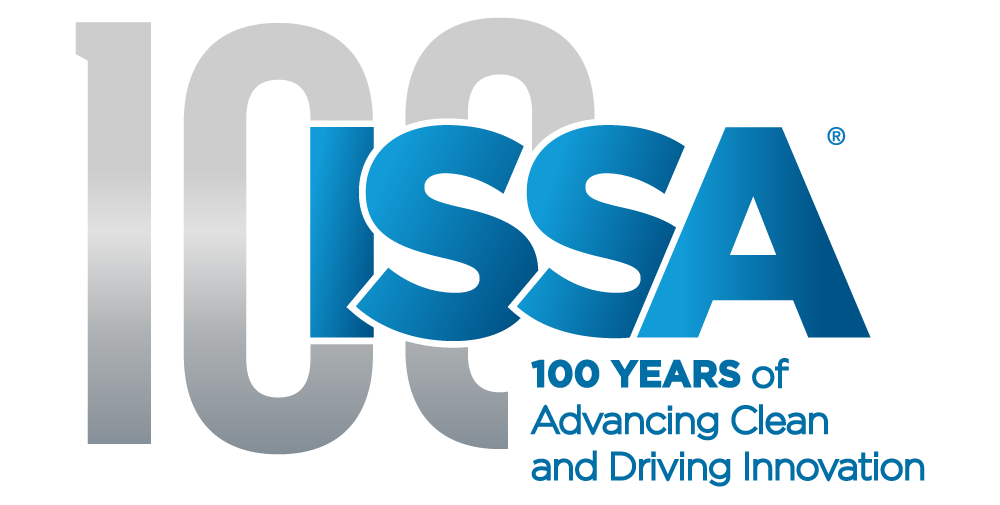Brands vs. Private Labels

In recent years, there has been a steep increase in exclusive or private brands in the cleaning industry, a trend that mimics other industries. Consumer demand and strategic business reasons influence the trend, highlighting distinct roles and benefits for brands versus private labels. Understanding these differences is paramount for companies eyeing increased market size and better profitability.
Differentiation between brands and private labels
First and foremost, it becomes essential for brands to be differentiated from private labels. Brands refer to products marketed under a particular name or logo—a name with a reputation of quality, reliability, and sometimes even a specific lifestyle or value proposition. Brands develop customer equity and loyalty by continually delivering value and brand promise.
Private labels are products manufactured by a third-party under a different company name, oftentimes, to meet a specific, short-term need. Generally, these are low-cost or economy offerings.
The case for brands
Creating and maintaining a brand for companies in the cleaning industry requires a sizeable commitment from management and company leadership. This commitment extends to ensuring that the entire organization carries forward the brand’s desires and values.
To communicate effectively with customers, there needs to be a competent sales force to deliver the brand promise and value proposition. Besides a sales force, a brand requires continuous investment in marketing to establish and maintain its image and equity.
Brands also require effective inventory management. This balance requires strategic planning and investment to ensure that there is always sufficient stock to satisfy the customer. More so, organizational alignment is crucial in ensuring that every department, from sales to customer care, shares and is aligned with a brand’s objectives.
The payoffs of brand investments are enormous. Strong brands create customer equity, which leads to loyalty and repeat business. This allows companies to command premium prices and margins due to the exclusivity of their company brands on the market.
Brands are a strategic investment that any company must make to ensure it penetrates the market effectively and enjoys long-term customer loyalty. Branding creates trust and reliability, the most desired customer attributes in the cleaning industry.
Role of private labels
Private labels can be constructive in tapping into cost-sensitive segments in the marketplace. Companies can attract price-sensitive customers, who would otherwise choose the competitors, by providing them with lower-priced alternatives.
Private labels are marketed as price fighters. They are low-margin opportunities to catch cost-conscious consumers. Private labels are not about brand investment but about inventory and making the sales team understand the features and benefits. Compared to brands, private labels require little investment in marketing efforts or organizational alignment.
Implications for the cleaning industry
Strategically, companies in the cleaning industry need to decide whether to use brands, private labels, or a combination of both. This decision will depend on market positioning, consumer demographics, and long-term business objectives.
Both brands and private labels have highly significant but distinct roles in the dynamic and competitive cleaning business. Brands are deeply involved and committed to massive investments offer substantial payoffs in the forms of customer loyalty, differentiation in the market, and better margins. On the other hand, private labels provide an inexpensive, low-margin method to win over those more concerned with cost.
Companies need to understand the diversity of roles and benefits brought on board by each to realize business growth and profitability.
Matt Schenk is the president of ISSA. With over 40 years of industry experience, he is the CEO and president at Midlab, a manufacturer of quality cleaning products. He can be reached at [email protected].
Contact us to explore how a strategic approach can expand your market reach and drive profitability.
Learn what brand consistency is, how it can help your business, and what you can do to achieve it.
















